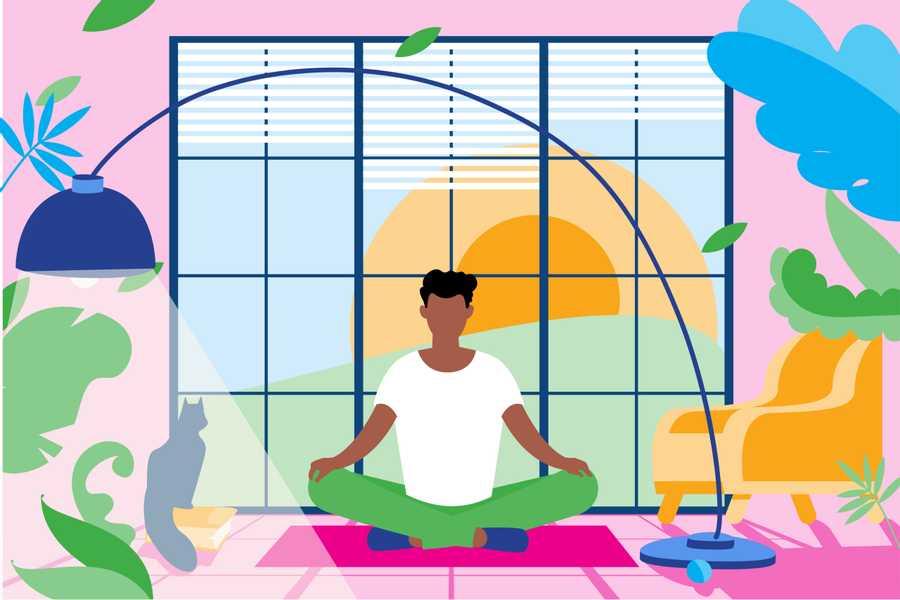How to remember your dreams
The dreams you remember are the ones that are ongoing when you awaken. To help recall your dreams, tell yourself as you’re falling asleep that you want to remember your dream. If that’s your last thought, you may be more likely to wake up with a dream still somewhat fresh in your memory.
Try to remember as much of your dream as soon as you wake up. Try to grasp whatever images or memories you have of your dream and write them down.
221
681 reads
CURATED FROM
IDEAS CURATED BY
The idea is part of this collection:
Learn more about health with this collection
How to practice self-compassion
How to identify and challenge negative self-talk
How to build self-confidence
Related collections
Similar ideas to How to remember your dreams
How to remember your dreams
Believe your dreams have value and tell yourself before bed you want to remember them.
Keep a dream journal. Get into a habit, set things up the night before to reinforce your goal.
How To Wake Up from a Lucid Dream
Try these techniques:
- Call out for help. Yelling in your dream tells your brain it’s time to get up.
- Blink. Repeated blinking may help wake up your mind.
- Fall asleep in your dream. If you know you’re dreaming, go to sle...
Start Your Day With Mindfulness
Stop the rush of the mind from planning the day and simply take some slow, deep breaths.
While falling asleep at night, set an intention to ‘see’ the morning experience as soon as you wake up. As soon as you realize you are awake, notice the smells and sounds of the mornin...
Read & Learn
20x Faster
without
deepstash
with
deepstash
with
deepstash
Personalized microlearning
—
100+ Learning Journeys
—
Access to 200,000+ ideas
—
Access to the mobile app
—
Unlimited idea saving
—
—
Unlimited history
—
—
Unlimited listening to ideas
—
—
Downloading & offline access
—
—
Supercharge your mind with one idea per day
Enter your email and spend 1 minute every day to learn something new.
I agree to receive email updates

